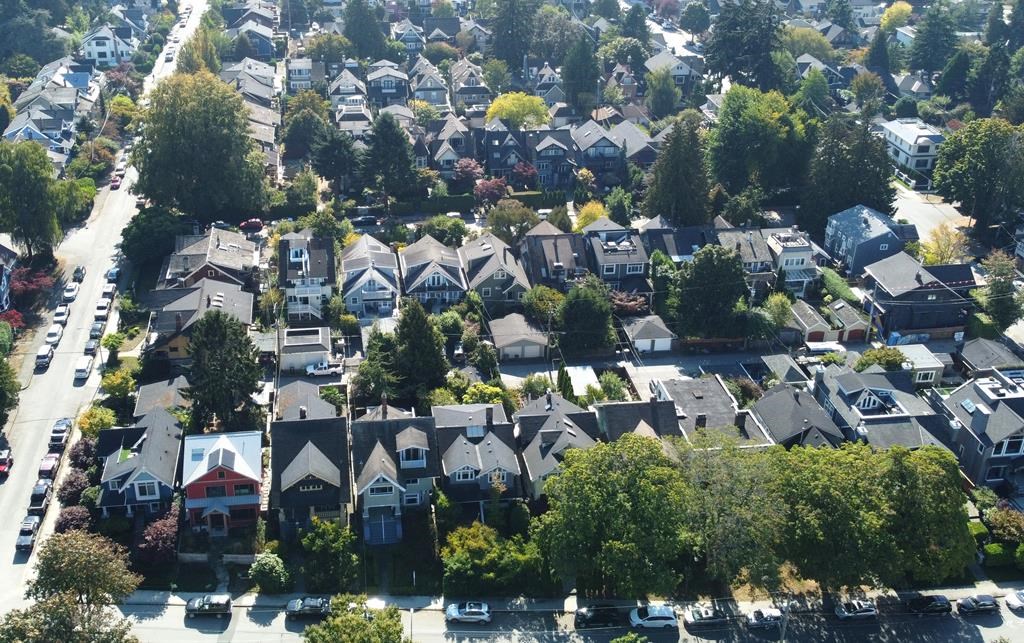Local News
Metro Vancouver home prices impacted by levies, taxes: report

It’s no secret Metro Vancouver is one of the least affordable regions in Canada, and a new report released Tuesday suggests property taxes, levies, and fees are adding to the burden.
RE/MAX Canada’s 2024 Tax Report finds tens of thousands of Canadians contributed to the exodus from the country’s costliest areas to more affordable regions like Alberta and the Maritimes in 2023.
“While some homebuyers were content to move outside of core markets within their province, close to 60,000 Canadians found their answer to the current housing crisis in Alberta and, to a lesser extent, Nova Scotia, New Brunswick, and Prince Edward Island,” the release from RE/MAX explained.
“Given today’s housing market realities, it comes as no surprise that buyers are willing to travel across the country to achieve home ownership,” said RE/MAX Canada President Christopher Alexander.
“In addition to affordable housing values and extensive job opportunities, Alberta is well known for its position on taxation, with no provincial sales tax and zero land transfer tax on residential real estate. Cash-rich buyers from provinces such as Ontario and British Columbia are aware that the sale of their property in Toronto or Vancouver will stretch that much further in Alberta or Atlantic Canada’s major centres.
“And for first-time buyers, it’s an opportunity to get into the market at an affordable price point and gain equity, as opposed to paying down someone else’s mortgage by renting.”
Alexander feels the government could do more to reduce an “exorbitant” tax burden on homeowners and buyers, making housing more affordable.
“Land transfer tax and property tax account for a huge portion of any home buyer’s budget, and in Vancouver and the Lower Mainland, when you add up all the different fees and levies, you’re looking at almost a third of the cost of any new development project,” he told The Leader Spirit.
“If you’re looking at the average price of a condominium, which is where most people start their homeownership journey, those numbers get upwards of $185,000 to $220,000. That really puts into perspective how much further that could potentially go for the average home buyer if they were to be able to keep some of that and apply it to whatever home they might be purchasing.”
The report also suggests the first-time buyer’s rebate is inadequate in a market where the average benchmark price is $1,168,700.
“Few first-time buyers qualify at the current $525,000 threshold. Properties up to $499,999 are eligible for a full tax exemption while properties priced from $500,000 to $524,999 are eligible for partial repayment. There are currently 43 properties listed for sale under $525,000 in the City of Vancouver.”
The full land transfer tax is obligatory on property priced at more than that.
“The goal should be to make homeownership more accessible, not less,” said Alexander. “Taxation is contributing to the demise of the Canadian dream, with home ownership across the country falling from peak levels reported in 2011, and it will continue to decline unless there is some intervention. A greater supply of affordable housing in major centres will have a sizeable impact on keeping the dream alive. However, if we don’t heed the call, we risk continued out-migration of our youth.”












